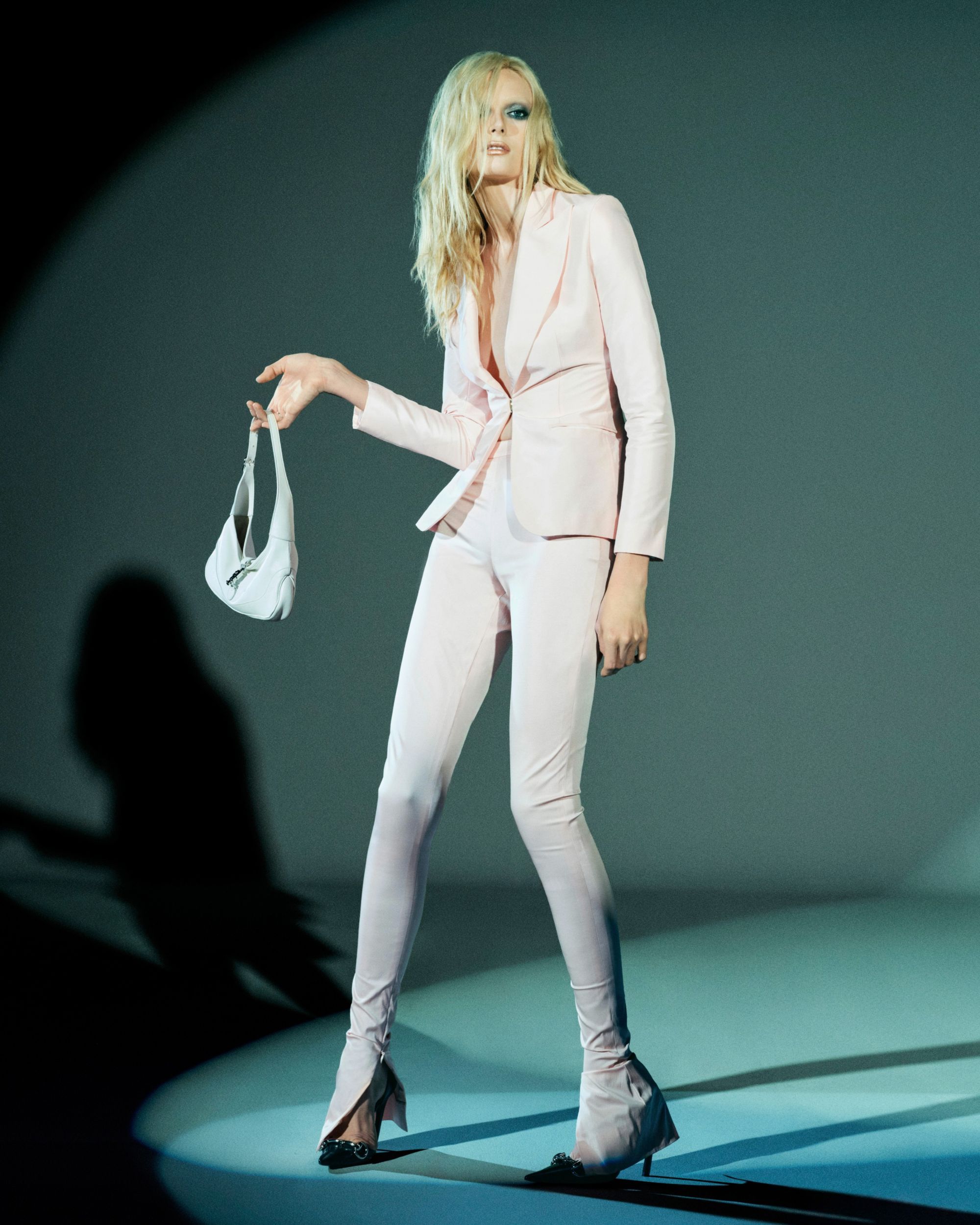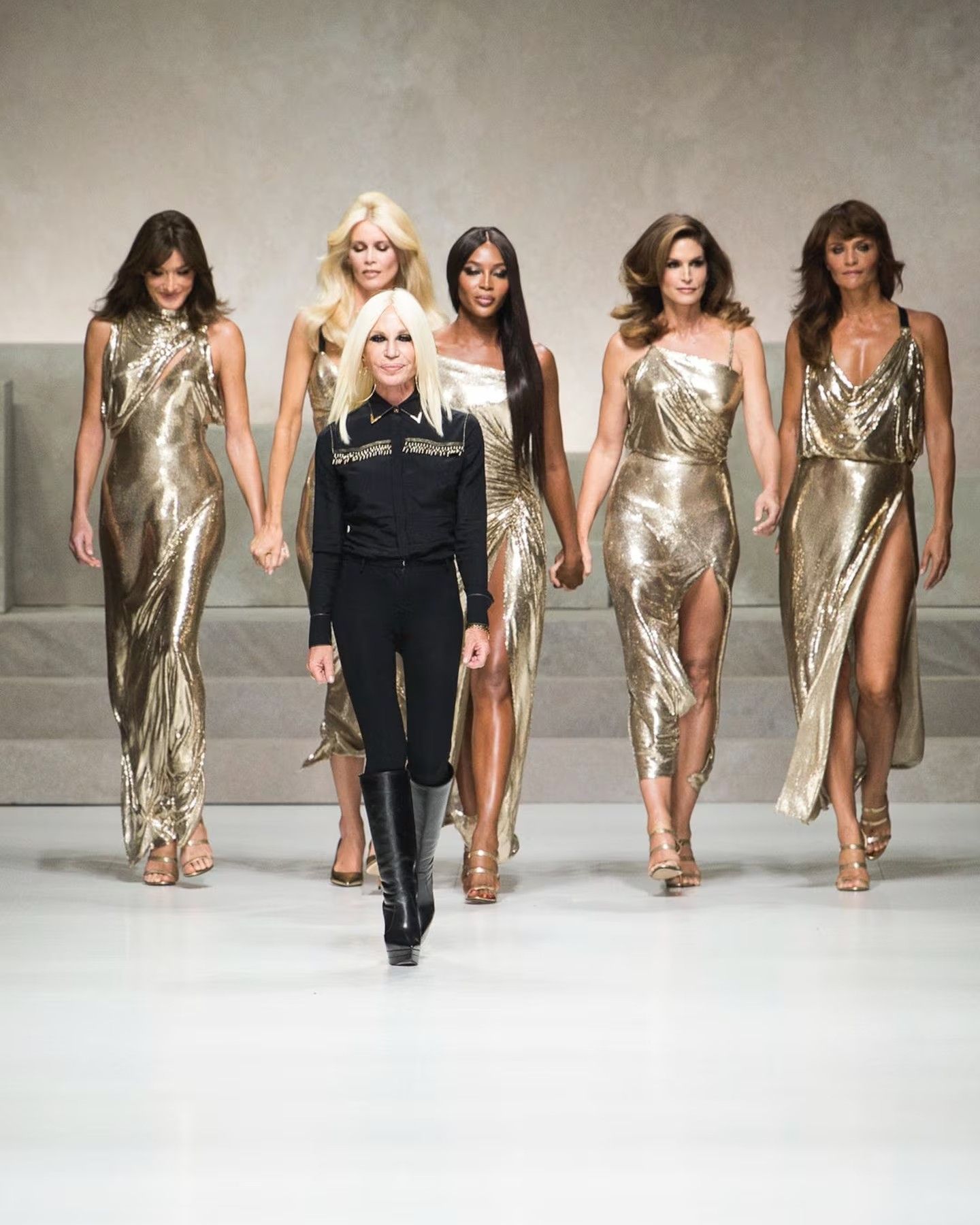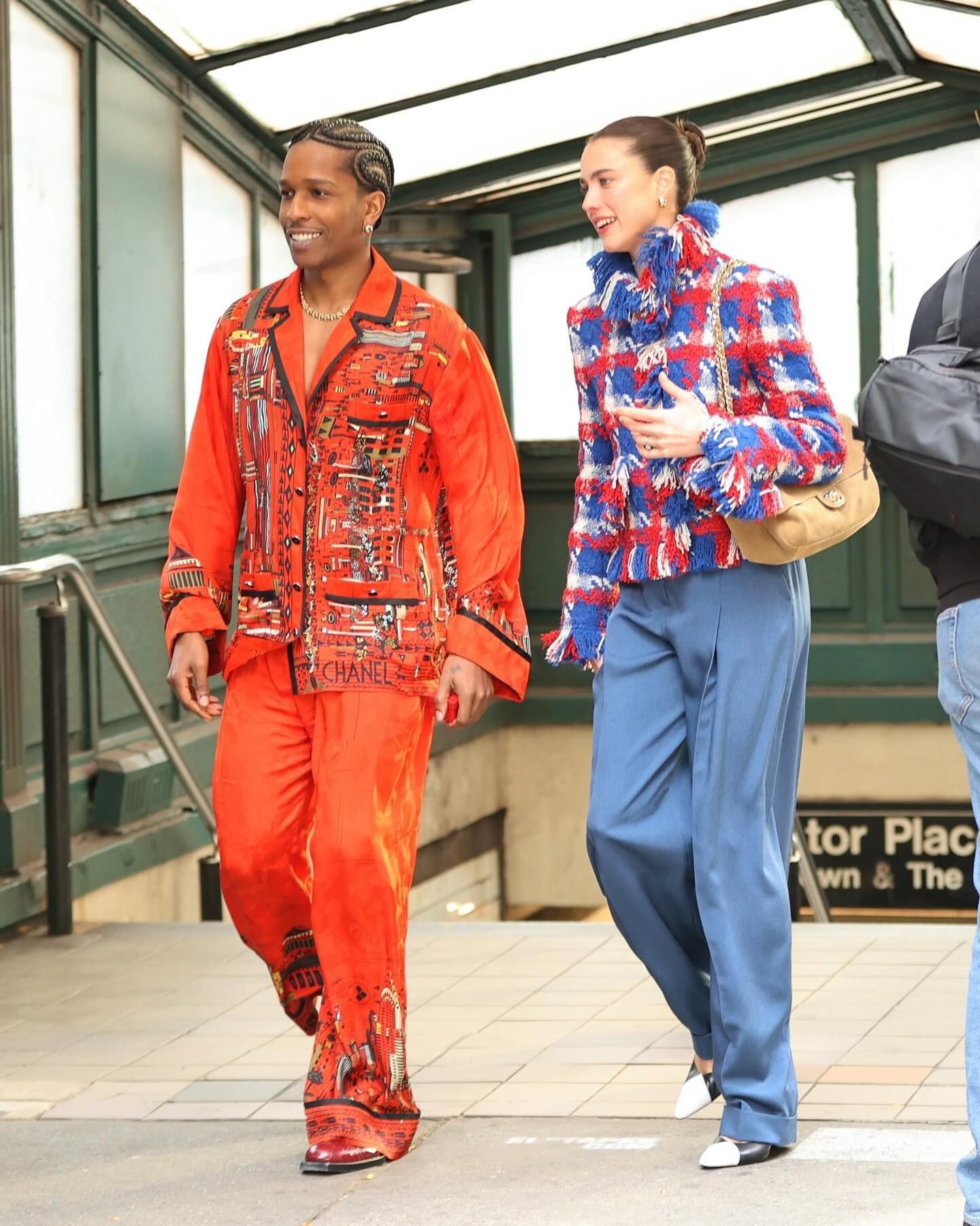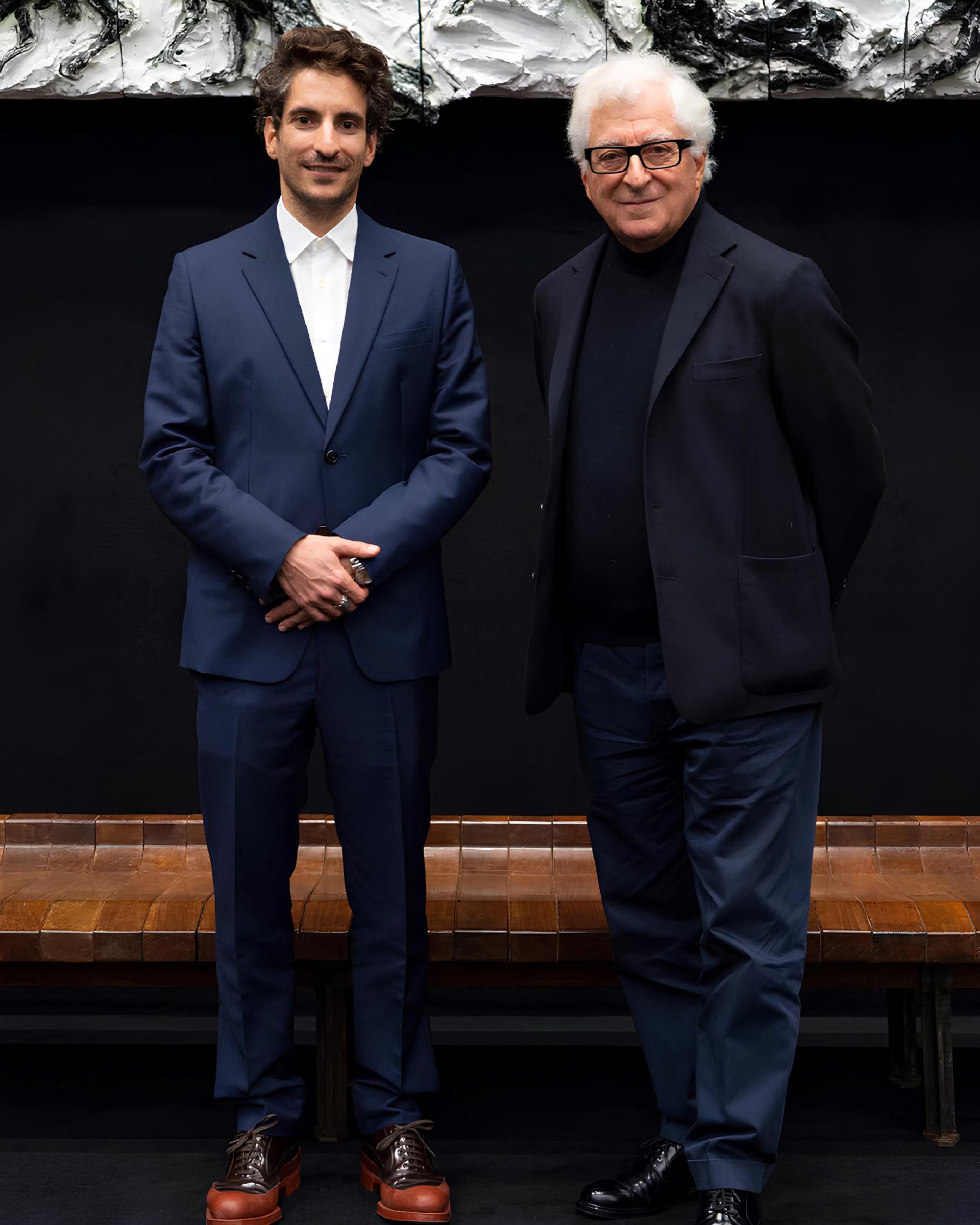
The 10 most relevant Italians of the 2010-2019 decade It was the decade of influencers, designers and relaunching of some big brands
The rankings of the decade that is about to close began by choosing the most significant sneakers from 2010 to 2019. The second ranking concerns Italians who have managed to make their mark in fashion, changing their narrative, taste, and rules, inventing marketing models or fueling the debate around topical topics. The '10s were the years of the Kardashian-Jenner-West family, of Beyoncé and Jay-Z, of Obama, Drake and more generally of the American rap scene. The '10s saw the birth of influencers and the rewriting of the figure of the sportsman, which became more and more an all-round media figure. Especially in the category of designers, the Italians have been great protagonists of fashion, reviving falling brands such as Moncler, Burberry, Givenchy, Valentino or Gucci and bringing a style that has been balanced with the rise of the streetwear phenomenon .
[ranking:10]
Federico Marchetti
In 2015 Federico Marchetti joined YOOX Group and THE NET-A-PORTER, creating the largest online fashion and luxury company. He started in years when the online luxury trade seemed an impossible mission, but Marchetti was called by the New York Times "The man who put fashion on the net", helping to change the shopping experience in the decade that symbolized that digital revolution that has also invested fashion.
[ranking:9]
Juventus
In the last decade, Juventus entered as a sportingly mediocre team and a historic club with a reputation to rebuild after Calciopoli. Ten years later, the Turin club won eight out of ten Serie A championships and above all succeeded in transforming the concept of football club in Italy and Europe: it built its own stadium, changed its logo, bought the most influential soccer player in the world and launched a street fashion line.
Juventus has succeeded in interpreting the change in the contemporary cultural paradigm, where a football club is not just a sports team but a cultural platform through which to reach an audience outside the football sphere.
A road paved only by the PSG that brought the Turin club up to the collaboration with Palace, in full fashion style.
[ranking:8]
Francesco Ragazzi
First as artistic director of Moncler, then the talent for photography and a journey between Venice and Manhattan Beach gave birth to a book on the evolution of the skate style, presented to Colette with a preface by Pharrell, then to the Palm Angels brand, a true style phenomenon of the last ten years. Francesco Ragazzi was one of the most prolific and brilliant creatives of the last decade, together with the other members of New Guards Group - a group that includes the brand together with Off-White and Marcelo Burlon brought luxury streetwear to Milan.
[ranking:7]
Pierpaolo Piccioli & Maria Grazia Chiuri
Although their artistic paths parted last year, the '10s were the decade of the great collaboration between Pierpaolo Piccioli and Maria Grazia Chiuri, for eight years at the creative direction of Valentino. The ability of the two designers was to give modernity to a historic brand of Italian fashion, keeping Rome on the fashion map and relaunching the style of Valentino Garavani, one of the first and greatest Italian couturiers.
[ranking:6]
Sfera Ebbasta
From the beginnings among the palaces of Cinisello Balsamo up to the jury of an international television program like X Factor. If trap has become the most listened to music genre by millennials and Gen Z, Sfera is the Italian artist who has managed to have the greatest echo, making it enter the genre into the mainstream and collaborating with international artists such as Migos’ Quavo, J Balvin and G-Eazy. In terms of style Sfera Ebbasta has given a new image and a new language to the traditional figure of the Italian rapper.
[ranking:5]
Luca Benini
It’s difficult to define Slam Jam. It’s easier to imagine it as the most modern form achieved by contemporary streetwear. Starting from Ferrara and a musical background, Slam Jam founder Luca Benini has created first of all a model of connection between brand and consumer, helping streetwear to get out of an underground context and inaugurating a new idea of luxury. Benini's merit was then to introduce Italian fashion fans to brands such as Stussy, Carhartt WIP, Alyx, Suicoke, becoming a bridge between international streetwear and Italy.
[ranking:4]
Miuccia Prada
Limiting the influence of Miuccia Prada to the last decade is certainly reductive. The mark left by Prada in the last ten years is decisive. More than anyone, Miuccia has been able to bring a historic brand to dialogue with a new generation of consumers. From the relaunch of Prada Linea Rossa to the opening of Fondazione Prada in Milan, the brand is probably the Italian fashion house that has managed to achieve more by contaminating its tradition with the contemporary.
[ranking:3]
Riccardo Tisci
In the past decade he had dressed planetary stars like Madonna and had become creative director of Givenchy, a maison which he left twelve years later, in 2017, after relaunching it thanks to a style that leaned more and more on the growing streetwear trend. His FW 11/12 show and the debut of the press with the rottweiler are one of the incipits of street fashion in the last decade, launching a style taken up by another protagonist of recent years like Marcelo Burlon. In 2018 Tisci became creative director of Burberry, managing since the first seasons to give a new image to the British brand, also thanks to a decisive rebranding operation. His collaborations with Nike have also been significant in the last 10 years.
[ranking:2]
Alessandro Michele
If Gucci became for years the most requested, sold and followed Italian brand it is thanks to the aesthetic revolution brought by Alessandro Michele since his appointment as Creative Director in 2015. With 63 million followers, Gucci is the third most followed fashion brand on social media. The 8.5 billion euros of revenues in 2018 is more than double than the 3.5 billions of 2014, which was year before the arrival of another major protagonist of the brand such as CEO Marco Bizzarri. Michele's deeply symbolic Baroque-medieval vision was part of a fashion that was gradually simplifying, pushing the values of couture that brought Gucci back into the fashion dream.
[ranking:1]
Chiara Ferragni
If as nss magazine said that we are in the age of influencers, perhaps we owe it to Chiara Ferragni, the first who was able to understand the role of social networks and invent influencer marketing. Starting from the blog The Blonde Salad founded in 2009 together with Riccardo Pozzoli, Chiara Ferragni invented a profession that did not exist before her. She was able to monetize it, becoming one of the figures (some say the most influential) of world fashion.
His small revolution has to do with selfies, social media and the evolution of global aesthetics, his merit has been to be able to intuit first of all what the trends in the contemporary world are and how they work.























































